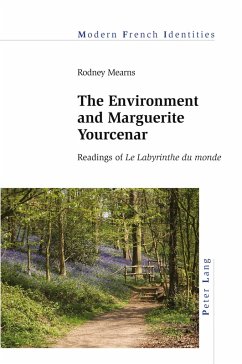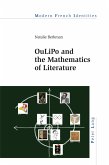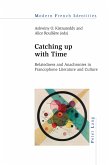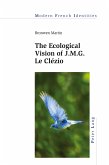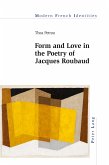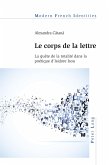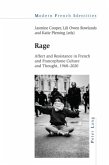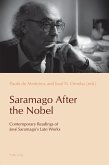This book is the first full-length study of Marguerite Yourcenar's Le Labyrinthe du monde along environmental lines. Written by the first académicienne more than twenty years after Mémoires d'Hadrien, the three-volume work was her most ambitious undertaking. Drawing extensively on the rich reserves of Yourcenar scholarship as well as on environmental humanities, this study entails a broad review of time, place and interconnectedness.
While Yourcenar's work often engages in detail with her parents and their forebears, the analysis here includes a focus on notions such as fragility and vulnerability, qualities common to human beings and to the rest of the natural world. Through a quasi-plot structure and a range of concerns carefully orchestrated and examined, Yourcenar proffers her extensive genealogical heritage as a reading of the global and the modern, opening the way to possible grounds for optimism. Yourcenar emerges as an insightful and deeply reflective writer with an important contemporary message, responsive to the urgent environmental concerns of the present day.
While Yourcenar's work often engages in detail with her parents and their forebears, the analysis here includes a focus on notions such as fragility and vulnerability, qualities common to human beings and to the rest of the natural world. Through a quasi-plot structure and a range of concerns carefully orchestrated and examined, Yourcenar proffers her extensive genealogical heritage as a reading of the global and the modern, opening the way to possible grounds for optimism. Yourcenar emerges as an insightful and deeply reflective writer with an important contemporary message, responsive to the urgent environmental concerns of the present day.

